Highlander Katie Urquhart is body positivity influencer ‘Positively Katiee’ with more than 37,000 followers on Instagram.
She doubts a ban would be realistic. “I understand where the idea comes from but in practice it’s possible to cause more harm than good,” she said.
She said when she was at school, Facebook’s age restriction was 16 but everyone joined from age 12 “by changing their age when they signed up”.
“When you put a blanket ban on something, it doesn’t stop them doing it. It just means they’re more sneaky.
“They can get into situations where they feel unsafe or that they’ve gone too far and they’re not going to come forward.
“That’s when we get into danger. Unfortunately, with young people suicide is often a panic moment.
“You wonder, ‘why didn’t they just say something?’ but they don’t feel like they can.
Social media ban for under-16s is ‘very black-and-white’
“It would be better focusing on educating people how to use social media safely.
“It’s very black-and-white to say ‘we’re going to ban under-16s’.
“Instagram has taken off ‘likes’ which is great because it takes anxiety away from teens about having to hit numbers.
“I see things now and think, ‘I wish I’d had that when I was younger’, like body acceptance, acne positivity…
“There are opportunities for kids who are rural, queer kids, children with disabilities, chronic illnesses. It may be the only way they can socialise.
“The reason highlighted by Rishi Sunak was to protect children from harmful content. That’s where the focus should be.
“It’s risk management. Teaching people how to use it safely and effectively from the get-go makes it more positive down the line.”
Social media may be good in short bursts, study finds
Professor Paul McNamee co-led research at Aberdeen University suggesting young people may benefit from using social media for short spells, as opposed no use at all or extended use of four hours or more.
The study was cited in a UK Parliamentary Enquiry on Social Media Use in October.
When compared to no use, it found up to three hours a day was good for positive peer relationships.
Last week Professor McNamee stressed the data was gathered around a decade ago, but said: “It’s probably the case that limits are better than outright banning.
“The bottom line is, it looked like there was an association with limited use being slightly more advantageous relative to no use, or lots of use.
“There’s a middle point, between one hour and three hours. You might take away ‘an hour a day keeps the doctor away’.”
Disadvantage with four hours or more of social media
With extended use, there’s a “time displacement” disadvantage.
“Four or more hours on social media could have been used for going outside, playing with friends, schoolwork, or recreation.
“There’s little time to do other things that would be good to do.
“The interesting thing is social media use relative to no hours. The no hours group seem to have slightly worse health, social and emotional outcomes.
“It’s tricky to work out what’s going on there and I don’t think we fully can from the data.
“One explanation could be people who have zero use already have a more restricted number of friends.
“They may already be excluded from social groups, or have social challenges and ‘select out’, making the decision not to use it.”
Problems of setting boundaries in online space
Julian Thomson is a final-year Digital Marketing Student at RGU and a Carnegie Trust Vacation Scholar researching the impact of “new age wellness content on Gen-Z”.
He said: “Studies show a correlation between social media and the development of psychiatric disorders in children and adolescents.
“There isn’t enough quality or longitudinal research for me to definitively say for sure whether a ban for under-16s is a good idea.
“The brains of young people are still developing, making them more vulnerable to the darker side of social media.
“I’ve seen the disruption it’s caused to learning and teaching.
“We wouldn’t expect a 14-year-old to go into a pub unsupervised.
“My instinct is social media should be banned for under-16s. I believe the risk to mental health is a bigger threat than any benefit.
“It’s difficult to enforce boundaries in an unregulated online space and this can create opportunities for harm.”
Young people form friendships on social media
Julian said reports suggest two-thirds of young people have made new friendships through social media.
“I think children would be very upset if they had social media taken away. Our job is not to please children, but to establish supportive boundaries to keep them safe.
“From a policy perspective, it may be impractical and potentially unfair to enforce a ban on children already using social media.”
Julian suggested a “flexible approach”, raising the age to 16 over time.
He called for guidelines or a code of conduct for creators to “ensure content is suitable for the audiences who will be consuming it”.
Social media ‘can damage identity’
Antonette Gonzalez, 23, is Events and Office Assistant at King’s Church in Aberdeen and a graduate in Digital Marketing from RGU.
She believes social media “can damage someone’s identity if not used correctly” with “a pressure to portray the perfect life”.
“When used appropriately, it can foster meaningful connections for young people, allowing them to participate in valuable communities.
“It facilitates communication and keeps young individuals connected with friends and family, particularly over long distances.
“Responsible use can contribute to personal growth, social interaction, and skill development.
“Like chocolate cake, it’s about how much one consumes.”
How would under-16s react to a ban?
“Some may find it upsetting and disruptive. Others might view it as a chance to explore different aspects of life.
“It’s crucial to educate them about social media, as with any aspect of life, so they can make informed choices.”
Antonette said when she was younger, Instagram “became addictive”.
“I found myself not fully present in the moment.
“While receiving validation felt good initially, I realised how easy it was to lose myself in this pursuit.
“I had to establish a healthy balance, understanding my identity shouldn’t be tied to social media.
“It took a while, but understanding who you are truly enables you to not be moved by such things.”
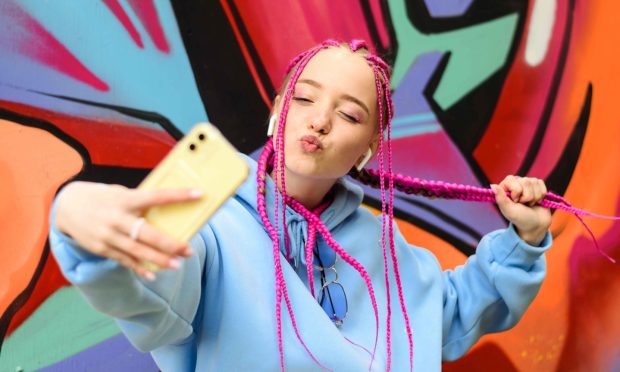
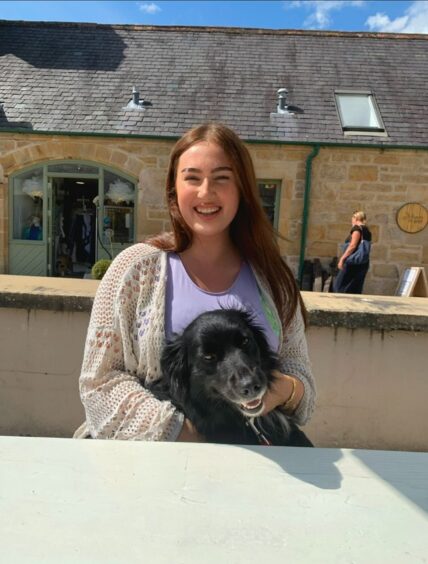
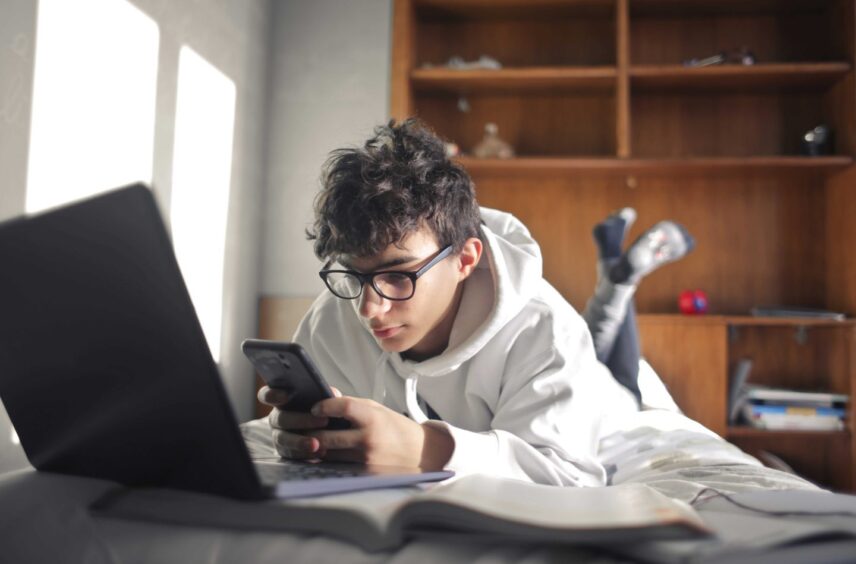

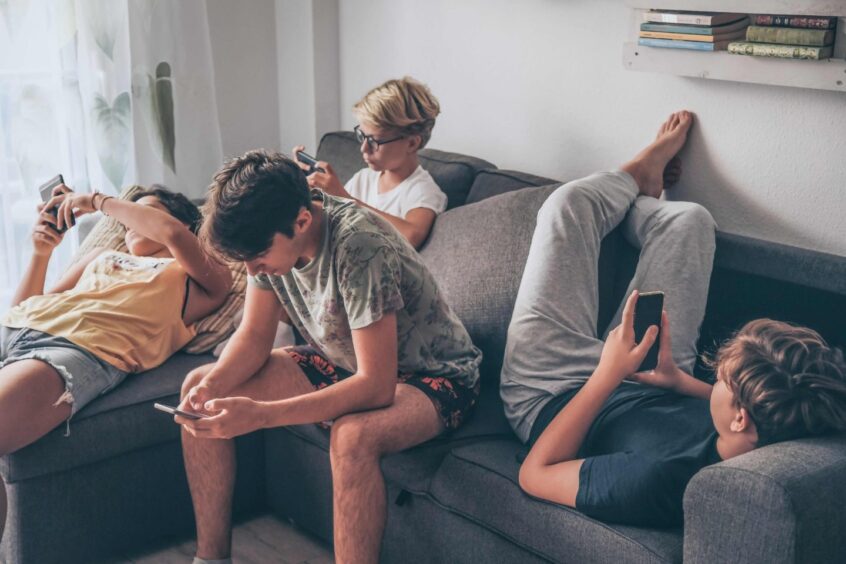


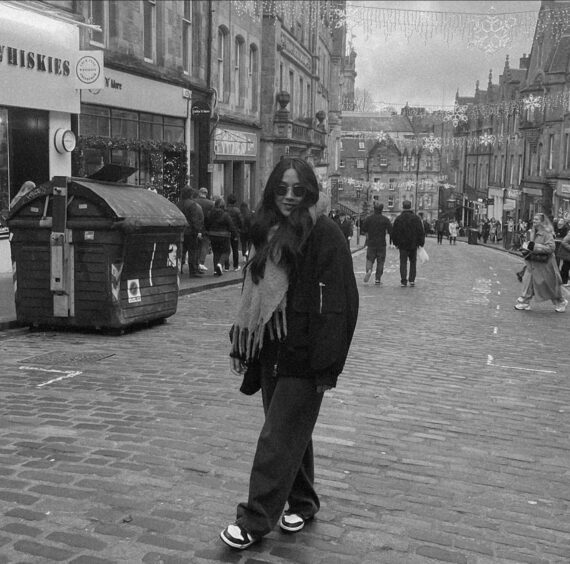
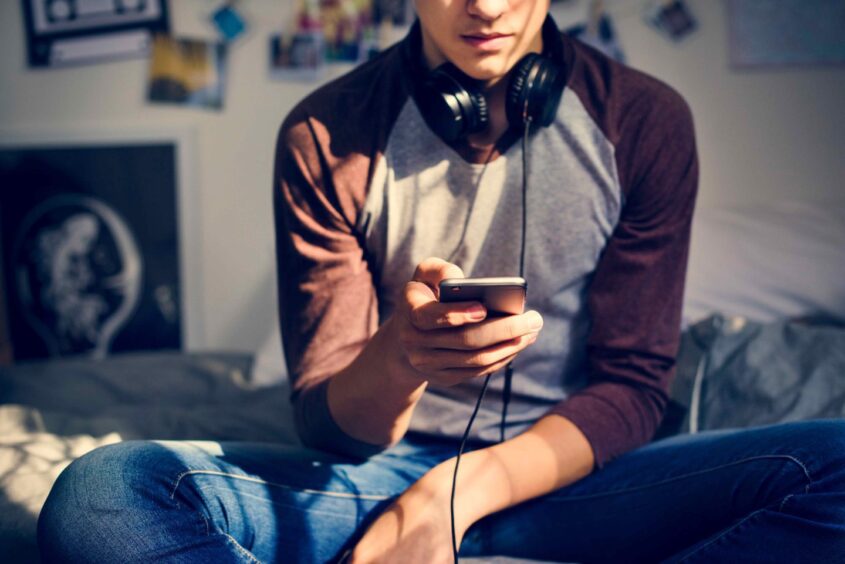

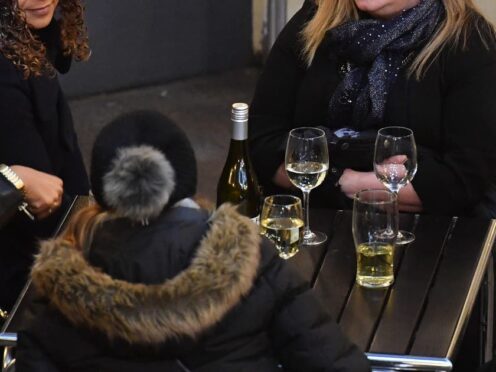

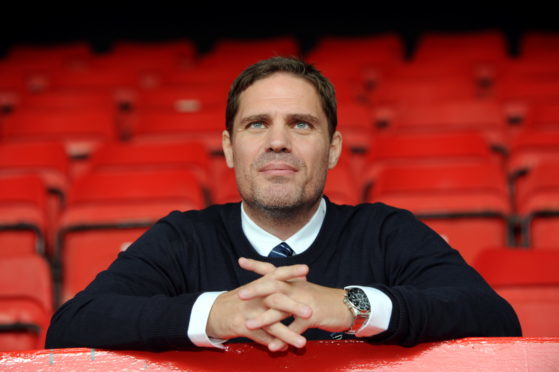
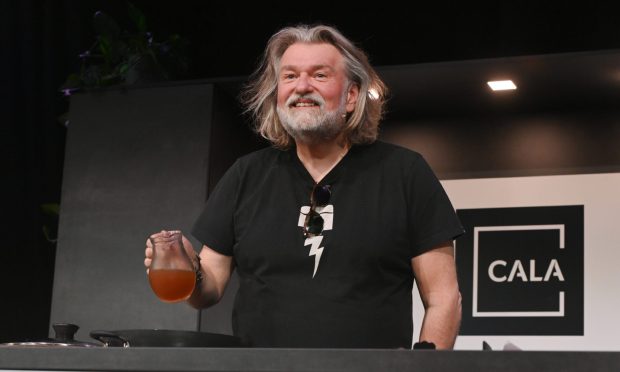
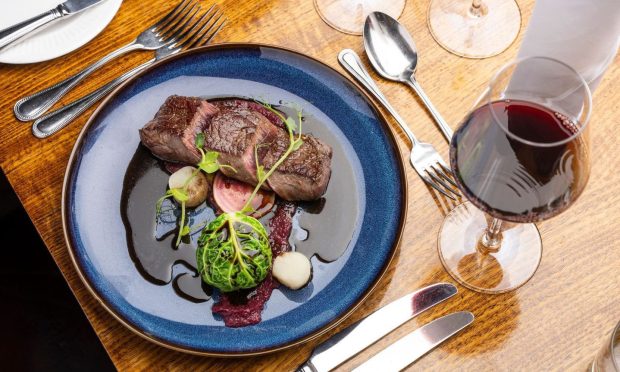
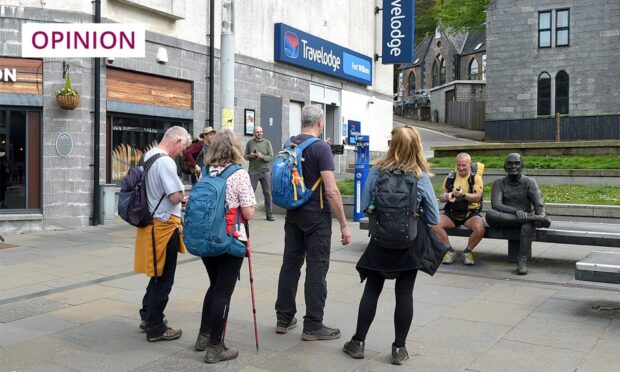
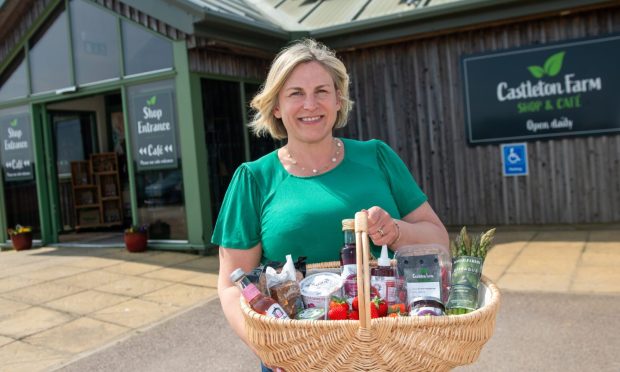
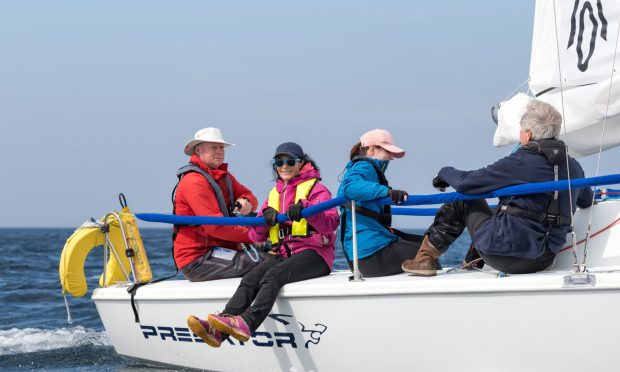
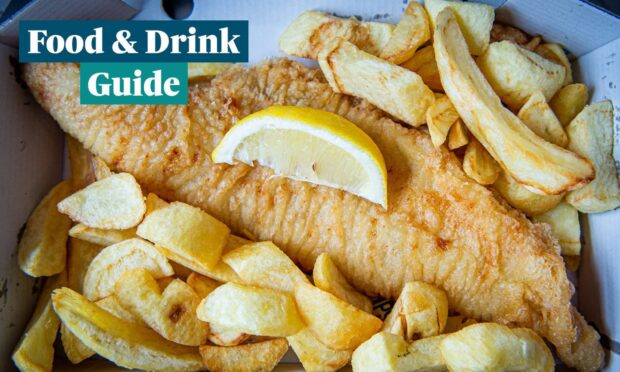
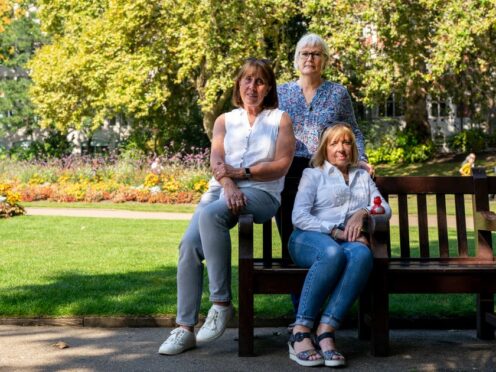
Conversation